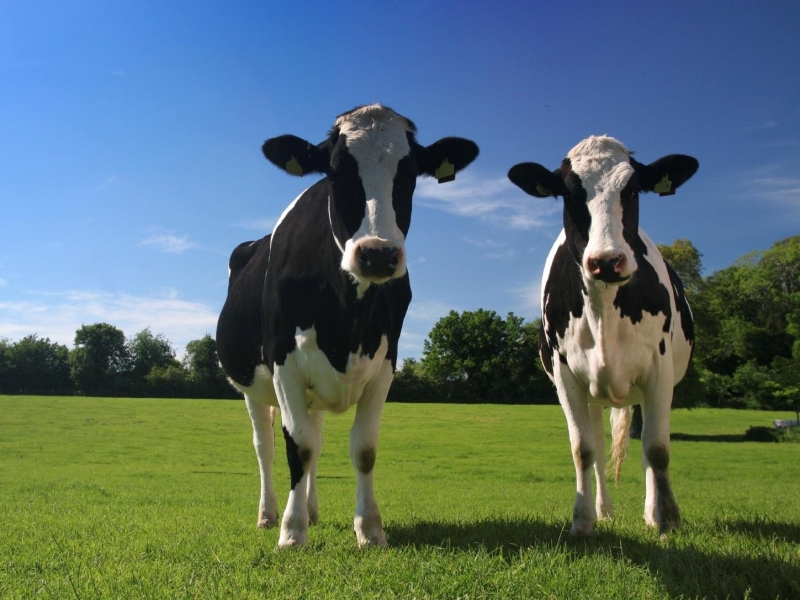The UK Soil Association has come out in support of non-organic milk farmers over the latest milk price cuts in the UK but also revealed that organic dairy farmers are unlikely to be affected.

Four major UK milk processors have dropped the milk price paid to farmers by almost 4p/litre and the Soil Association stated that it finds it unacceptable that dairy farmers across the country have, once again, had their milk prices cut. They added that this will cause significant negative impacts on an already beleaguered industry, posing further threat to dairy farms across the country. This development takes place against the background of a decline in numbers of UK dairy farms, which have fallen by 48% in the past ten years across England and Wales.
However, organic farmers have been left largely unaffected by the cuts. The two major UK organic milk co-ops are part of the Soil Association’s ethical trade scheme, which includes standards to ensure that trade negotiations are open and transparent, with long-term commitments in place and a fair price agreed.
Martin Davies, Head of Farming at the Soil Association, said: “Though the cut in prices doesn’t affect the vast majority of organic farmers, we are very sympathetic to the plight of our non-organic colleagues and are calling for fairness across the whole milk supply chain. We are extremely concerned about the future of dairy farmers across the UK, particularly small and family farms which make up the back-bone of our countryside”.
The latest price news seems to show that more dairy farmers should turn organic for purely financial reasons. This also follows on from last years study that also showed that organic milk is more healthy than conventional milk.
The European Union-funded study analysed 22 brands sold in supermarkets and found that organic milk had lower levels of harmful saturated fats and more beneficial fatty acids than conventional milk.
While the Newcastle University study stopped short of saying that consumers should switch to organic milk, the lead researcher, Gillian Butler, made that recommendation when discussing her research.
The peer-reviewed paper said the health benefits were present all year round rather than just during the summer, as indicated by research carried out by the same team four years ago into the quality of milk on 25 farms.














